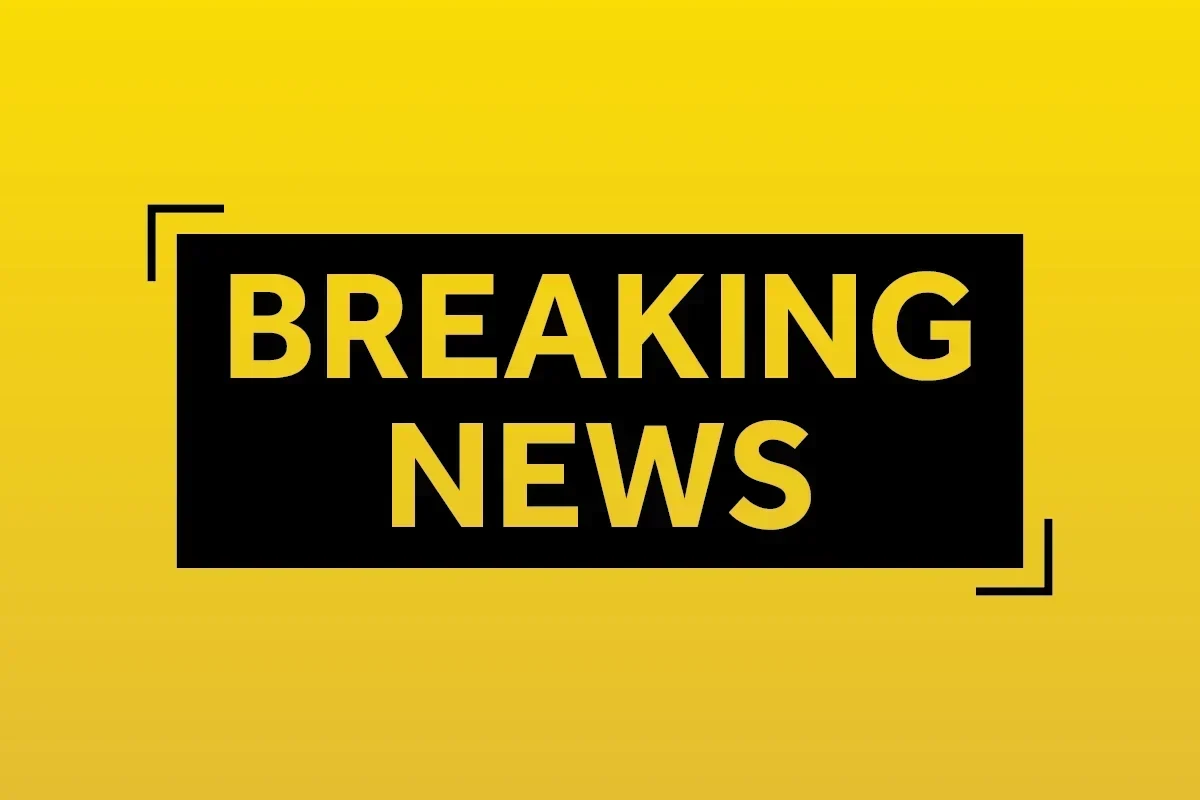French Prime Minister Michel Barnier has been removed from office following a no-confidence vote in the National Assembly. This is the first time in over 60 years that a French government has been toppled in this way. The vote, which occurred on December 4, 2024, saw a coalition of far-right and left-wing forces come together to oust Barnier, resulting in political uncertainty for the country.
The No-Confidence Vote
The no-confidence vote was initiated by Barnier’s decision to use special powers to pass his 2025 budget without obtaining parliamentary approval. This action upset both the left-wing New Popular Front (NFP) and the far-right National Rally (RN), prompting them to introduce no-confidence motions against him. In the vote, over 320 MPs supported the motion, exceeding the 288 votes required to remove the Prime Minister from office.
Immediate Consequences
President Emmanuel Macron is faced with the challenging task of appointing a new prime minister. Michel Barnier, who was appointed only three months ago, is expected to serve as a caretaker until a successor is found. This transition period could result in months of political and economic instability, as the new government will need to secure parliamentary approval for the budget and other important measures.
Economic Impact
The political instability resulting from Barnier’s ousting is likely to have significant economic repercussions. France is already grappling with a high deficit, estimated to reach 6% of GDP this year, and analysts warn it could rise to 7% next year without drastic adjustments. The uncertainty could lead to increased borrowing costs, further exacerbating the country’s debt crisis. Additionally, sectors such as construction, which have already suffered job losses due to economic instability, may face further challenges.
Social and Political Ramifications
The collapse of Barnier’s government highlights the deep divisions within the French National Assembly. The fragmented nature of the Assembly, with no single party holding a majority, has made it difficult to pass legislation and govern effectively. This political gridlock is likely to continue, posing challenges for any new prime minister appointed by Macron.
The situation also underscores the growing influence of both far-right and left-wing forces in French politics. The alliance between the NFP and RN to oust Barnier demonstrates their ability to shape the political landscape, potentially leading to more radical shifts in policy and governance.
Macron’s Next Steps
President Emmanuel Macron has announced his commitment to fulfill the remainder of his presidential term, which extends until 2027. As he embarks on this critical journey, he is confronted with the significant task of appointing a new prime minister. This selection is vital, as the prime minister must adeptly maneuver through the intricate and often contentious political landscape that characterizes the National Assembly.Macron’s challenge is made more pronounced by the need for a candidate who possesses not only political acumen but also the ability to unite the disparate factions within the assembly. The current political climate is marked by divisions that could hinder legislative progress, making it imperative for the prime ministerial choice to be someone who can foster cooperation and build consensus among varying viewpoints. The stakes are high, as the effectiveness of the government will depend largely on the new prime minister’s ability to garner support and navigate potential conflicts, ensuring stability and progress in governance during the remainder of Macron’s term.
In the interim, Macron may need to rely on emergency measures to keep the government functioning and address immediate economic concerns. This could include temporary budgetary provisions and efforts to stabilize financial markets.
Potential Candidates for Prime Minister
A variety of names have emerged as potential successors to Barnier, featuring seasoned politicians from Macron’s centrist allies alongside candidates from other political blocs who could attract wider support. The selection process is set to draw significant attention, as the newly appointed prime minister will be pivotal in shaping the political and economic landscape of France moving forward.
Long-Term Implications
The ousting of Michel Barnier marks a significant moment in French politics, with potential long-term implications for the country’s governance and stability. The events of the past few days have highlighted the fragility of the current political system and the challenges of governing in a deeply divided National Assembly.
As France navigates this period of uncertainty, the actions of President Macron and the newly appointed prime minister will be critical in determining the country’s path forward. The ability to build consensus, address economic challenges, and restore public confidence in the government will be key to ensuring a stable and prosperous future for France.
Discover more from The Sentinel Current
Subscribe to get the latest posts sent to your email.







































